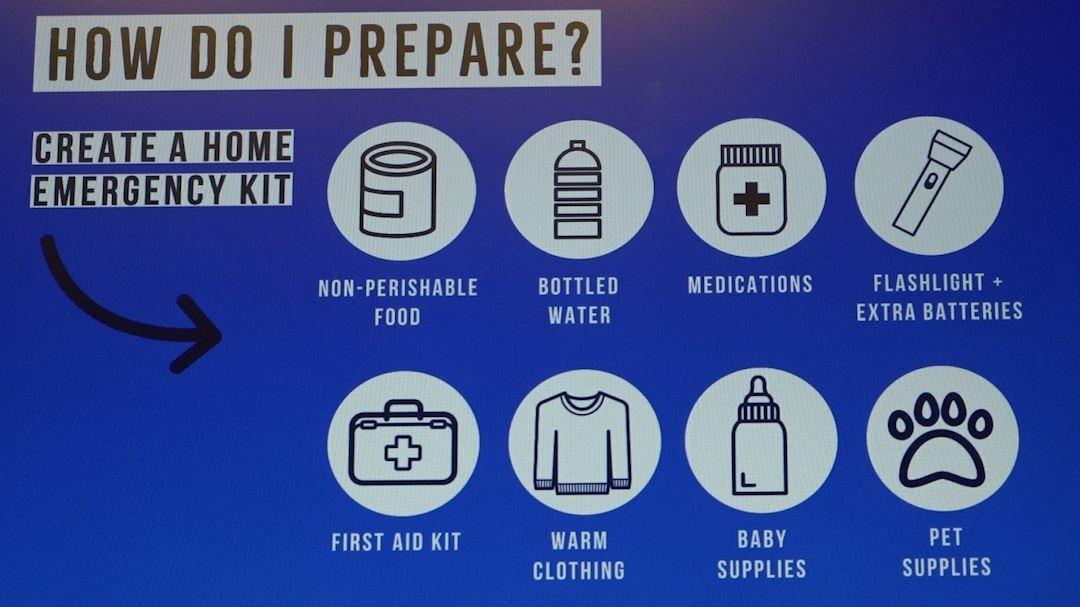PHILADELPHIA, Pa. (WLVT) - Now, more than ever, it’s important to be prepared. As the coronavirus pandemic continues to unfold, disaster planners say it’s not too late to improve - or even start - your emergency preparedness plan.
''What is being called the new normal requires people to adapt in a new way that I’ve never seen before in my career. We’re not just thinking about the next two weeks, but the next two months,'' said Patrick Hardy, a certified emergency manger and former first responder.
Hardy has worked with FEMA to develop disaster plans. He says it's not too late to prep for the coronavirus crisis.
''One of the things that’s different about this pandemic, in comparison to SARS and Swine Flu, is that things are changing on a daily basis. Things are changing so fast that written disaster plans simply can’t keep up,'' said Hardy.
Hardy is the creator and CEO of the Disaster Hawk app. His company is offering free emergency preparedness plans geared towards handling coronavirus. A key element on his coronavirus checklist is creating a clean room.
''A clean room is a place where someone who is particularly vulnerable to COVID-19, or someone who has become or is suspected to have been infected should stay,'' explained Hardy. ''Once you place them in the room, place a table outside of that room for item exchange. Everything should be sanitized on the table whether it’s coming in or out of that room.
He says people should not let their guard down when bringing packages into their home.
''You should have a small table that you place near the door where you bring in deliveries to your home. Amazon boxes, food delivery bags and boxes, you name it,'' said Hardy. ''The table should have disinfectant on it, gloves, wipes, cotton balls, things like that. Think of yourself as your own personal TSA.''
Randy Padfield, the director of the Pennsylvania Emergency Management Agency or PEMA, says developing a disaster plan begins with small steps.
''Emergency preparedness plans don’t have to be hard. We tell people to start small. Think about what you need in this situation - in this case it’s COVID-19. Make a kit with hand sanitizer, disinfectant wipes and wipe down surfaces you touch frequently like your cell phone. Develop a good family support structure and engage with people in a way that doesn’t involve close personal contact,'' said Padfield.
He says to have a meeting with your family members or roommates to make a disaster plan that is inclusive to everyone’s needs. To get started with your emergency plan, PEMA recommends that you:
- Establish a First Aid kit with medicine
- Gather a three-day supply of food and water
- Make a list of emergency phone numbers
- Have at least two flashlights with backup batteries on-hand
- Utilize a battery-powered radio
Visit PEMA.pa.gov to view printable emergency plan options. You can also get a free coronavirus plan from Disaster Hawk by visiting disasterhawk.com.




